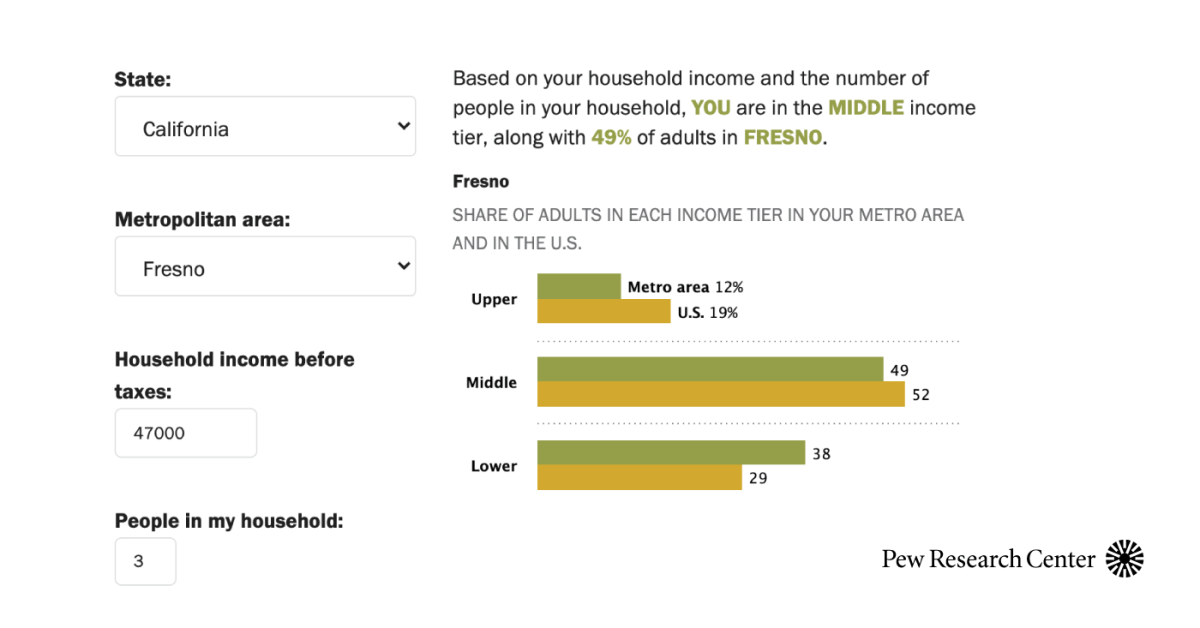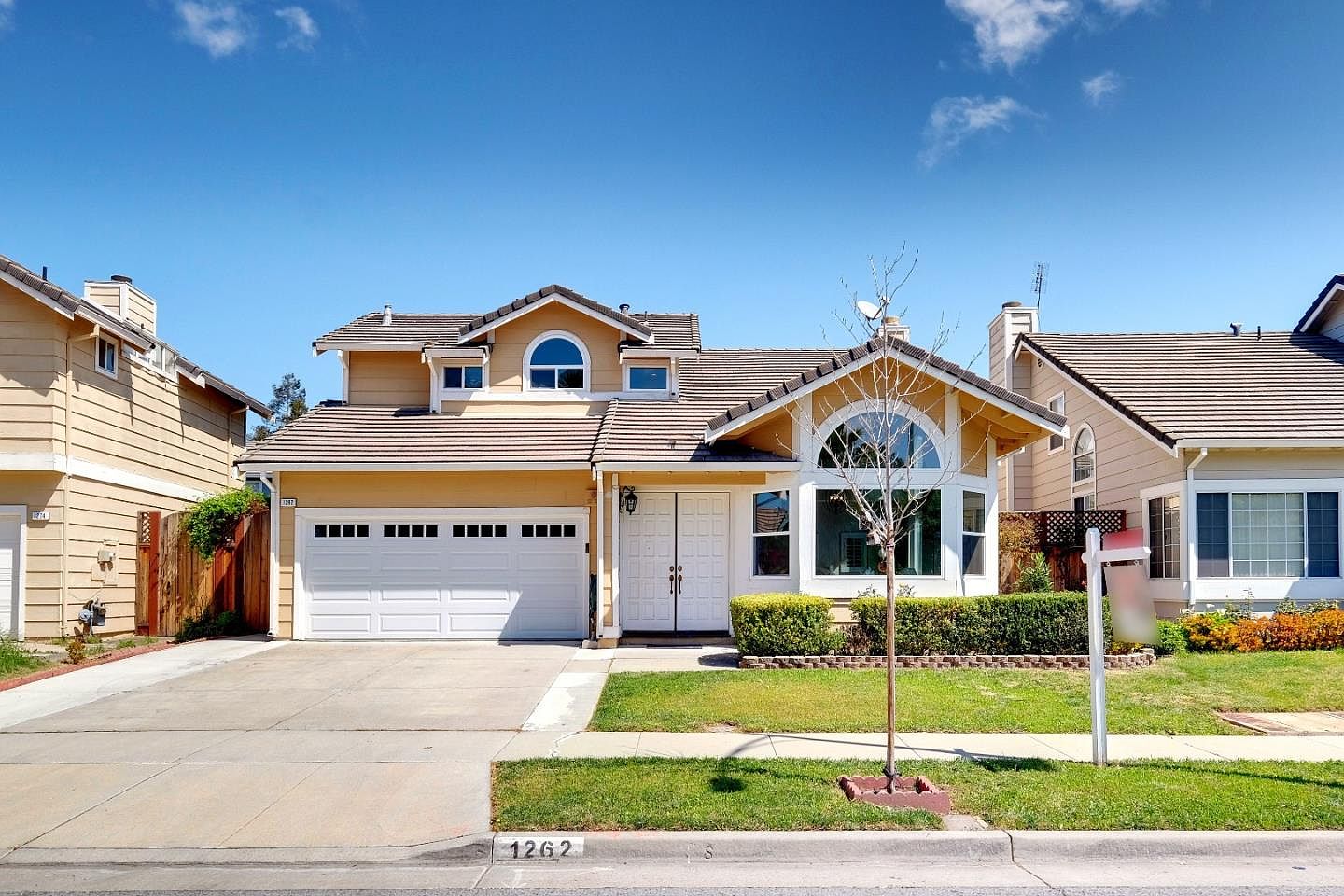- Joined
- Nov 7, 2008
- Messages
- 1,937
- Reaction score
- 971
I wouldnt include that. Most that retire early don’t want to sell their nice home in the city and move to rural America to pick up on that appreciation.
More common is trading in the $2 million 2-3 story home for a condo with an elevator that has high monthly fees for the amenities. The fees catch up on you. Once you live at the city center for 20 years, moving to an unknown area with more travel isn’t enticing to most.
Fair points. I guess I'm considering trading in the 3M home in Laguna Beach for the townhouse in Dana Point, or something like that. I don't know if those areas make any sense to you (or anyone else outside of SoCal) but that's the thought process I had. Rather than getting rid of the big house in Austin and moving to East Texas to save money. The latter would obviously significantly impact your lifestyle and QoL.





